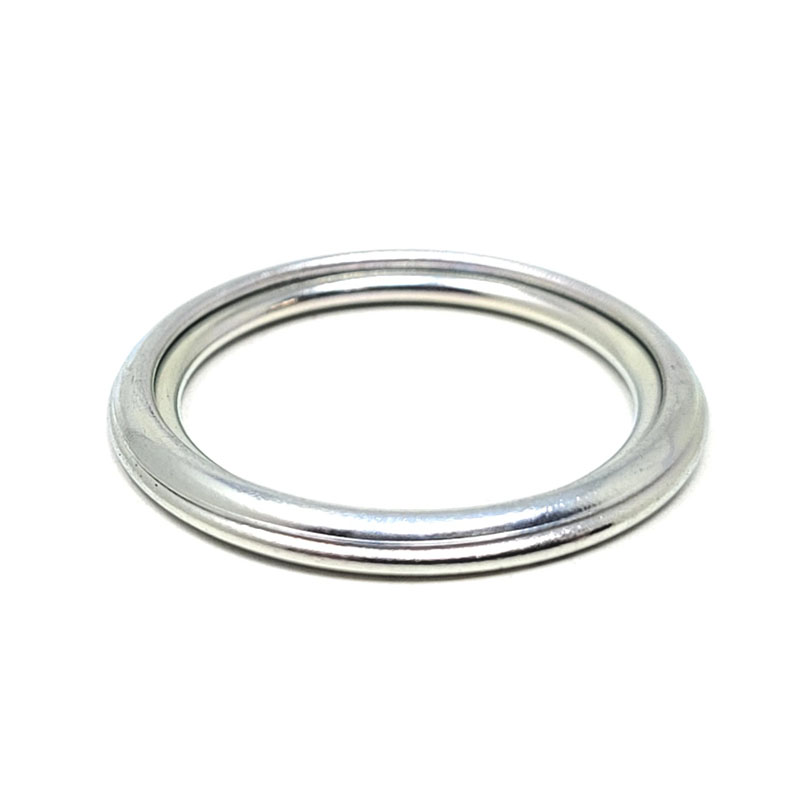High-Quality Oil Gaskets for Reliable Engine Performance
Understanding Oil Gaskets Essential Components for Engine Performance
Oil gaskets are vital components in the functioning of automotive engines and other machinery. They serve as seals that prevent oil leaks, ensuring that the engine maintains optimal performance and efficiency. Although often overlooked, oil gaskets play a crucial role in preserving the integrity of the engine structure and enhancing its lifespan.
An oil gasket functions as a barrier between different engine parts, such as the oil pan, cylinder head, and other components that require sealing to prevent oil from escaping. Without a proper seal, oil leaks can lead to a range of issues, including decreased oil pressure, increased friction, and ultimately, engine failure. Hence, understanding the various types and functions of oil gaskets is vital for any vehicle owner or mechanic.
There are several types of oil gaskets, each designed for specific applications
. The most common material used in oil gaskets is rubber, thanks to its excellent flexibility and resistance to oil degradation. Other materials, such as silicone, cork, and paper composites, are also used depending on the specific requirements of the engine and the conditions it operates under.One of the most critical oil gaskets in an engine is the valve cover gasket. This gasket is located at the top of the engine and seals the junction between the valve cover and the cylinder head. A failing valve cover gasket can lead to oil leaks, resulting in oil drips on the engine and, potentially, on the driveway. Regular inspection of the valve cover gasket can help prevent more extensive and costly repairs down the line.
oil gasket

Another important gasket is the oil pan gasket, which seals the oil pan to the engine block. It is crucial for maintaining the engine's oil supply and preventing leaks that can lead to oil starvation. A damaged oil pan gasket can cause significant engine damage if not addressed promptly.
Installing oil gaskets requires meticulous attention to detail. It is essential to clean the surfaces thoroughly before installation to ensure a proper seal. Any dirt, debris, or old gasket material can interfere with the gasket's effectiveness, leading to leaks. Applying the right amount of torque during installation is also critical, as overtightening can damage the gasket, while insufficient torque can fail to create a proper seal.
Regular maintenance of oil gaskets should not be neglected. Checking for signs of oil seepage, monitoring oil levels, and performing timely oil changes can prolong the life of gaskets and prevent serious engine problems. When servicing an engine, it is always advisable to replace old gaskets to ensure optimal performance.
In conclusion, oil gaskets may seem like small components, but their impact on engine performance is significant. By preventing oil leaks and maintaining pressure within the engine, they contribute to a smooth and efficient operation. Understanding their role, recognizing signs of wear, and ensuring regular maintenance can go a long way in safeguarding the health of an engine and enhancing its longevity. Driving without a well-functioning oil gasket is a risk no vehicle owner should take, underscoring the importance of these seemingly unassuming parts.
-
Understanding the Front Main Engine Seal: Purpose, Maintenance, and Installation
News Jul.29,2025
-
Understanding O-Rings and Seal Rings: Types, Applications, and Custom Solutions
News Jul.29,2025
-
Understanding Crankshaft Oil Seals: Rear Seals, Pulley Seals, and Their Role in Engine Integrity
News Jul.29,2025
-
The Importance of Front and Rear Crankshaft Seals in Engine Performance and Oil Management
News Jul.29,2025
-
Crank Oil Seals: Functions, Types, and Cost Considerations in Engine Maintenance
News Jul.29,2025
-
A Comprehensive Guide to O-Rings and Seals: Types, Materials, and Global Applications
News Jul.29,2025
-
Mastering Diesel and Performance Engine Maintenance: A Guide to Critical Oil Gaskets
News Jul.28,2025
Products categories















